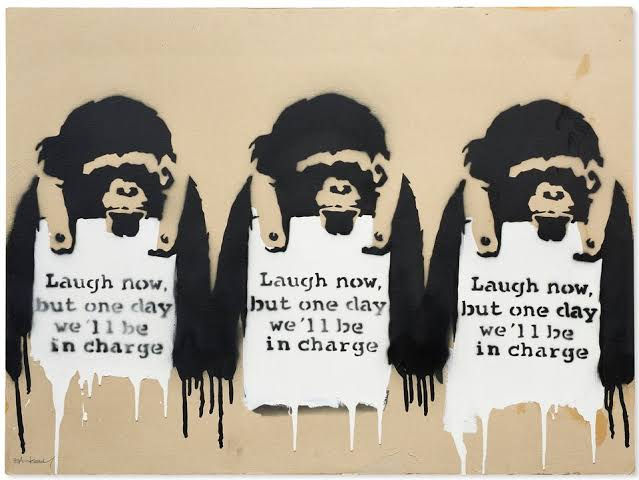Court tells Apple to think differently on trademark infringement suit
- IP News Bulletin
- Jul 17, 2022
- 2 min read
Apple lost its protracted battle with Swiss watch-making company Swatch. It could not prevent Swatch from using its “Tick Different” trademark on the basis of its “Think Different" marketing campaign statement.
Apple’s appeals against the EU Intellectual Property Office on the revocation of its trademark to the General Court of the European Union were dismissed.
The dispute started in 2016 when Swatch AG filed trademark revocation application on the contested marks to the EUIPO, where they claimed that the marks had not been put to good use for a period of five years.
After the five-year grace period has passed, European trademarks may be subject to revocation actions on the grounds of non-use.
The marks were revoked in 2018 by the Cancellation Division of the EUIPO. Appeals brought by Apple against the decision were dismissed by the Fourth Board of Appeal. Then, in January 2021 Apple brought actions against the General Court of EU, which have now been dismissed.
The court had asked Apple to prove that the contested marks had been put to good use. The “Think Different” mark was being used by Apple on its Macintosh computer packaging, where it was affixed on the packaging in a small print. The Commission did not consider the use to be of sufficient “genuine use”.
Apple argued that the EUIPO failed to consider the level of attention paid to the products by the customers. The General Court however pointed out that the trademark had not been in use independently but more in relation with the Macintosh products, thus the trademark had lost its distinctiveness and appeared to be more of a promotional message.
The court emphasized that Apple’s trademark remained revoked in the region and that Apple’s objections on Swatch’s trademark was a “misreading” of the ruling.
A trademark that is no longer in use cannot be saved by previous notoriety. If a trademark owner wants to protect their rights from revocation actions, they must not only use their mark commercially but also make sure it is used consistently and appropriately throughout time. Additionally, they must be able to provide sufficient evidence of this use if such acts occur.












Comments